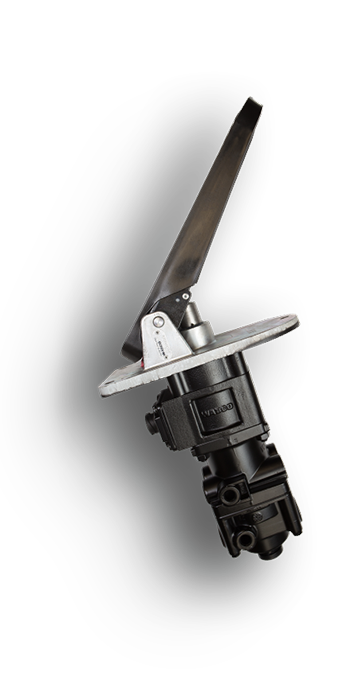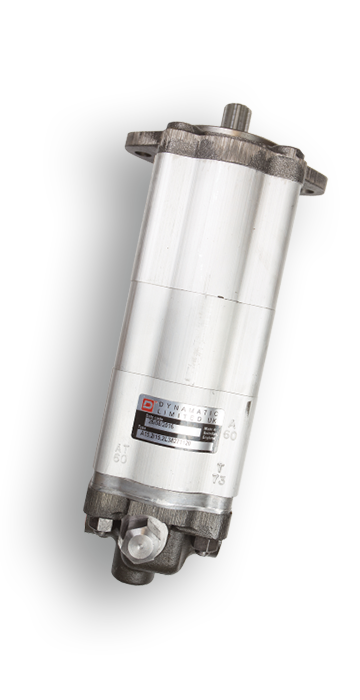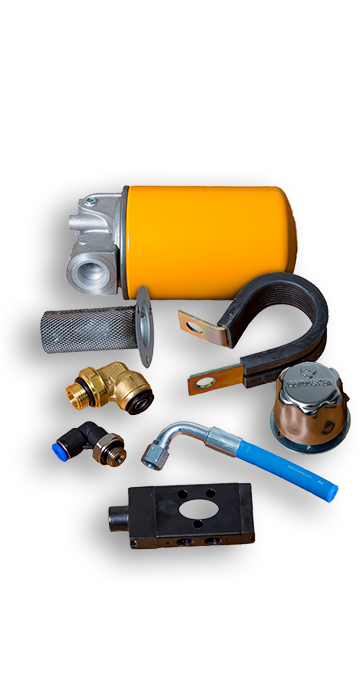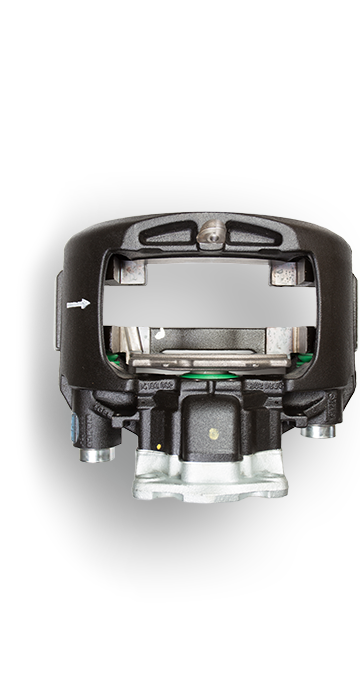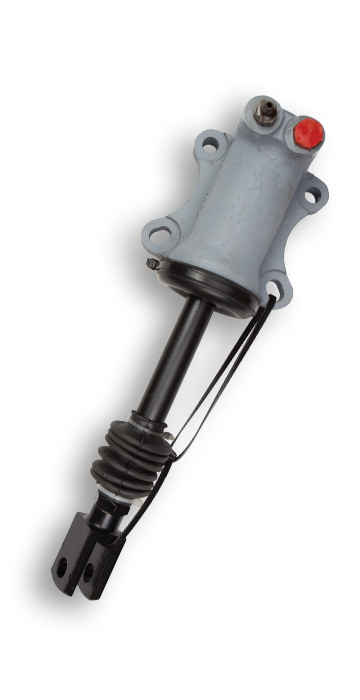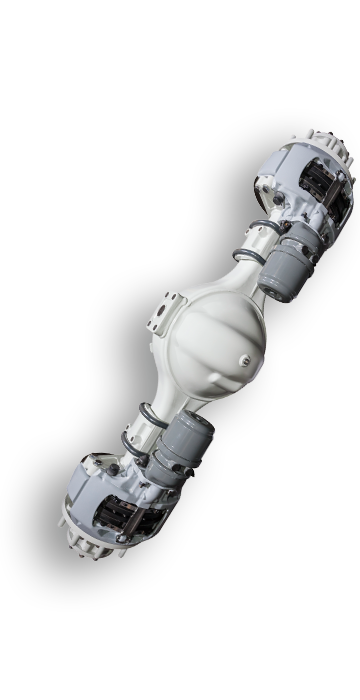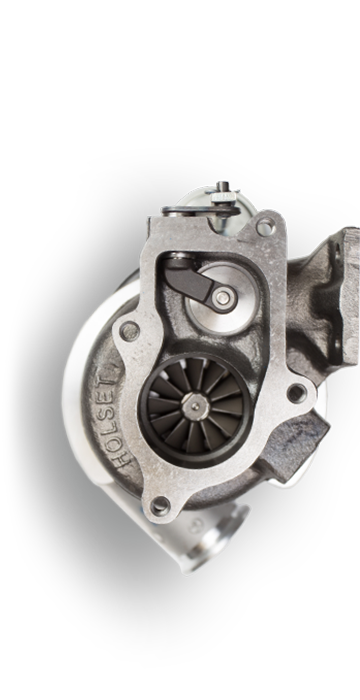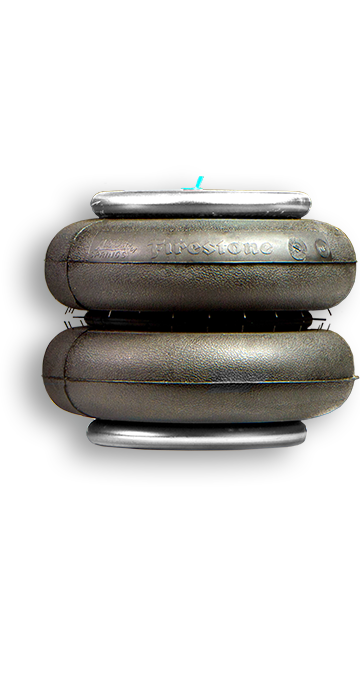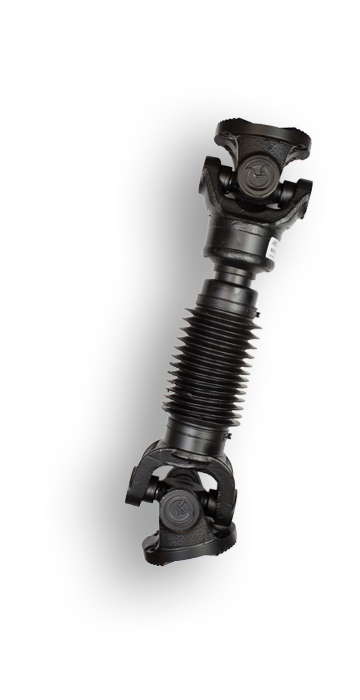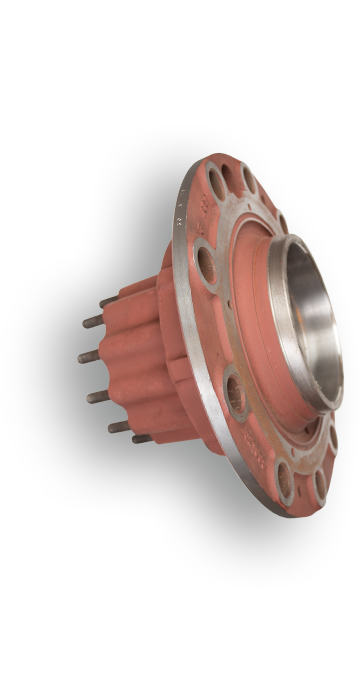The Labour government has announced the creation of a UK Bus Manufacturing Expert Panel, which will bring together vehicle manufacturers, industry stakeholders and local authority leaders to explore ways of ensuring the future of UK bus building. In addition, the Panel will seek to help local authorities deliver their public road transport ambitions, as well as develop opportunities to embrace zero-emission transport technologies.
In launching the new initiative, a statement from the Department for Transport (DfT) said that Secretary of State for Transport Louise Haigh will meet with key bus industry figures in order to “reaffirm the government’s commitment to decarbonising local transport and fostering an environment for investment in the UK manufacturing industry, bringing sustained economic growth and supporting jobs.”
The government’s announcement of the UK Bus Manufacturing Expert Panel comes as the Go-Ahead Group confirmed an agreement with Wrightbus for 1,200 zero-emission buses over three years. It coincides with the International Investment Summit this month that will see UK leaders and global investors and businesses discuss how partnerships can evolve to drive investment and growth.
Whilst further details of the Panel are awaited, it has been welcomed by The Confederation of Passenger Transport. Its CEO, Graham Vidler, said that a transition to net-zero “will be achieved through strong partnerships between government and industry, like the UK Bus Manufacturing Expert Panel, and a long-term approach to funding and policy.”
Mr Vidler added that the appropriate use of public money “can leverage substantial private sector investment, as demonstrated by recent funding schemes like Zero Emission Bus Regional Areas (ZEBRA), where every £1 of government money invested generated, on average, £2.50 of private sector investment.”
“The bus industry already provides a huge boost to the UK economy, driven by the 100,000 people who work in the bus sector, the 50,000 people working in our supply chain, and the millions of people who use buses every day. The work of this Panel provides an opportunity to build on the £11bn boost to the economy every year driven by jobs in the bus sector and supply chain, and the £40bn spent by passengers in local economies every year, by delivering more buses to our roads that connect communities, improve health and protect our environment,” he concluded.
The Department for Transport said that buses “have been prioritised by this government from the outset,” and that the Transport Secretary has made improving bus services and delivering greener transport two of her five core priorities.
Commenting on the launch of the UK Bus Manufacturing Expert Panel, John Dwight, Sales Director of Imperial Engineering, which supplies bus and coach parts to operators across the UK, commented:
“With many challenges facing the bus and coach sector, we are encouraged by the new government’s stated objective of helping to improve services, as well ensuring there’s a future for bus building in the UK. In our role as a leading distributor of OE and remanufactured parts covering all major manufacturers, Imperial Engineering has had another busy year supporting operators and we will continue to respond to customer needs as the industry moves forward.”

